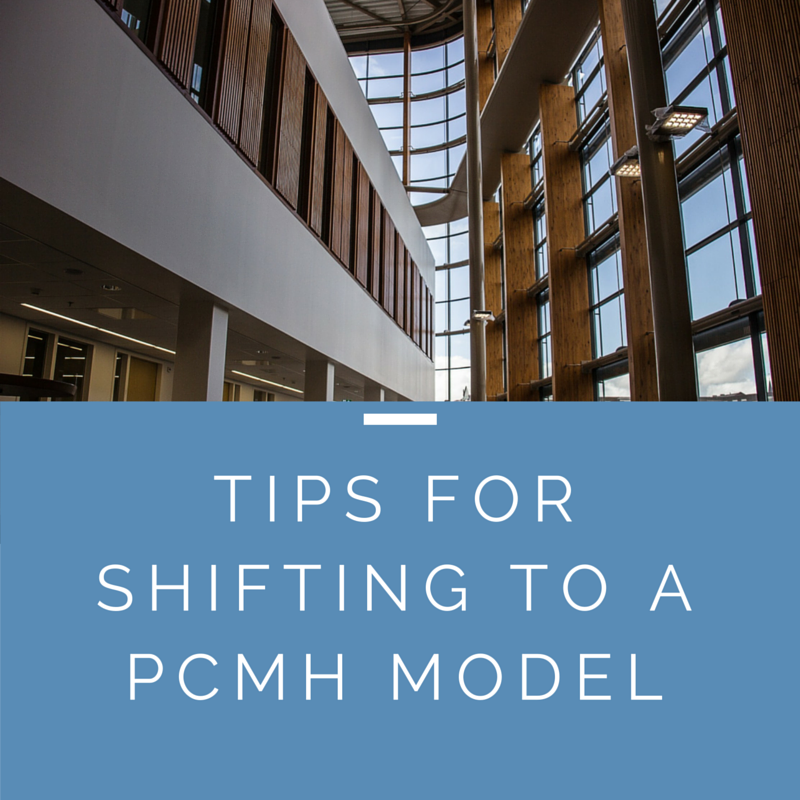| BHM understands the importance of the Patient Centered Medical Homes recognition. |
 Patient Centered Medical Homes (PCMH) value based care model growing across the United States. Patient Centered Medical Homes aren’t actually places but are models of care based on providing accessible, coordinated, and comprehensive care. PCMH focus on patient centered care and are committed to quality and safety.
Patient Centered Medical Homes (PCMH) value based care model growing across the United States. Patient Centered Medical Homes aren’t actually places but are models of care based on providing accessible, coordinated, and comprehensive care. PCMH focus on patient centered care and are committed to quality and safety.
The National Committee for Quality Assurance (NCQA) has found the number of PCMH initiatives across the country to be rapidly growing. The number financial incentive has actually jumped from 60 in 2009 to over 160 today.
If you are planning on adopting the PCMH model, being recognized through a Patient Centered Medical Home accreditation or recognition could be in your best interest. The PCMH recognition helps organizations gain access to payer networks and acts as a seal of advanced standing. This distinction shows that your practice follows rigorous quality and safety standards.
This model is a way for primary care organizations to put better emphasis on care coordination and communication, which in turn will help transform primary care to be more patient-centered.
Medical Economics has provided some very helpful tips for primary care organizations looking to become Patient Centered Medical Homes:
- Asses the readiness of you organization to make changes.
- Learn how you can make these changes.
- Identify weak areas that do not comply with PCMH standards.
- Perform a gap analysis or have an external firm do one for you.
- PCMH standards should be the basis of your improvements and compliance changes.
- Select leaders to spearhead the project.
- Make sure all staff are on board and understand the importance of the project, this will ensure success.
Patient Centered Medical Homes Success
The NCQA has some very insightful data on successful Patient Centered Medical Homes programs:
- The NCQA PCMHs cut the growth in outpatient ED visits by 11% over non-PCMHs for Medicare patients
- Medicare fee-for-service beneficiaries receiving care in NCAA-recognized PCMH practices had lower total annual Medicare spending than beneficiaries in comparison practices
- The NCQA PCMH recognition is associated with lower inpatient hospitalizations and lower utilization of both specialist and emergency services
- Patients treated within NCQA PCMH practices had equal or better care management, fewer inappropriate prescriptions as well as avoidable emergency department visits and hospitalizations. Reported by Empire Blue Cross and Blue Shield, New York City.
You can find the data for this table on NCQA website.
